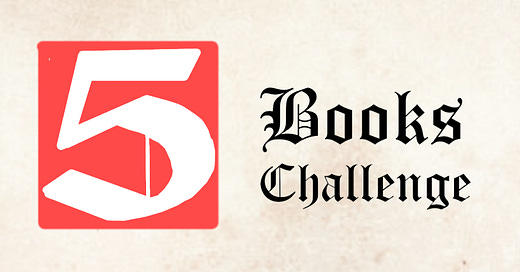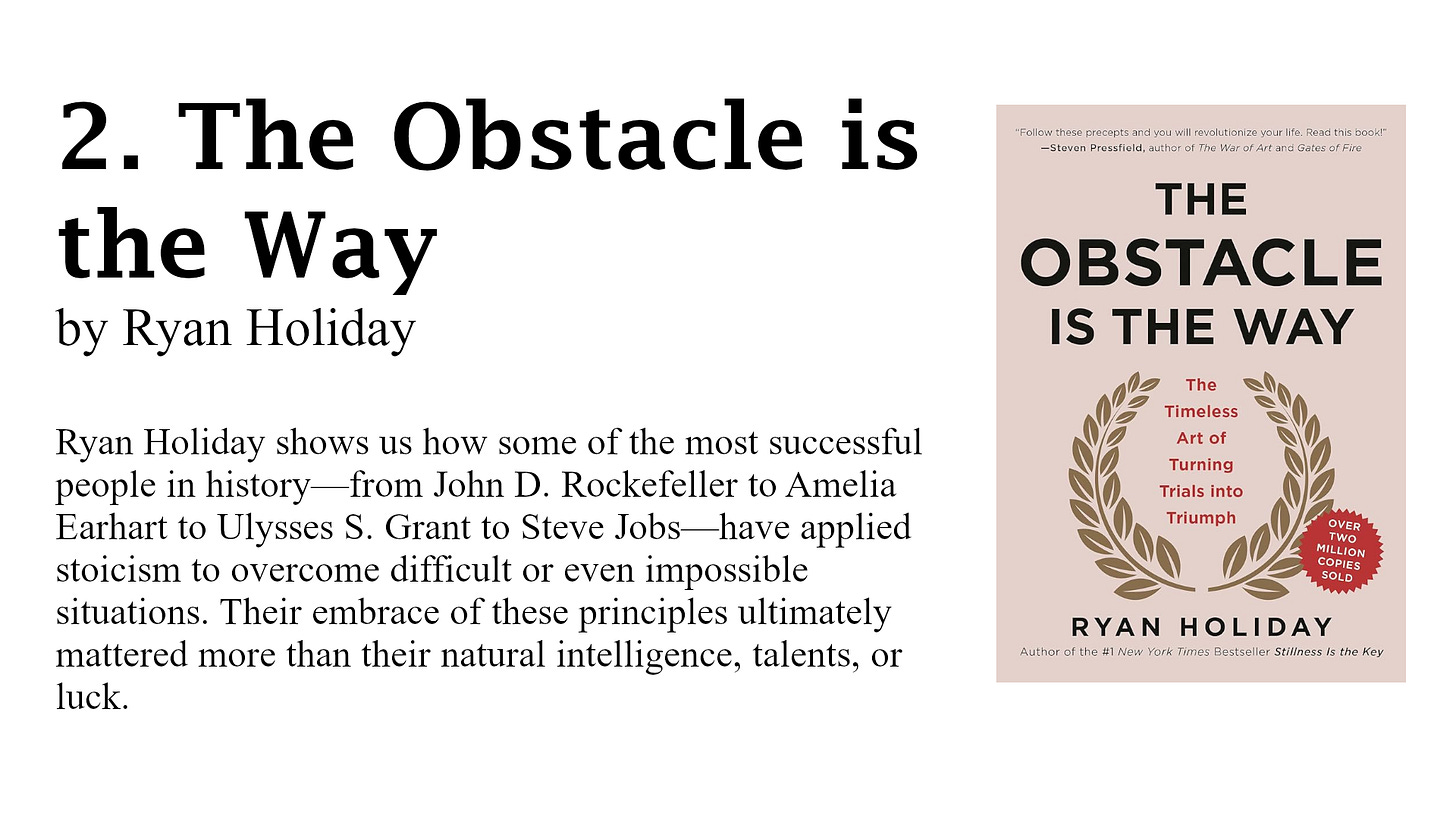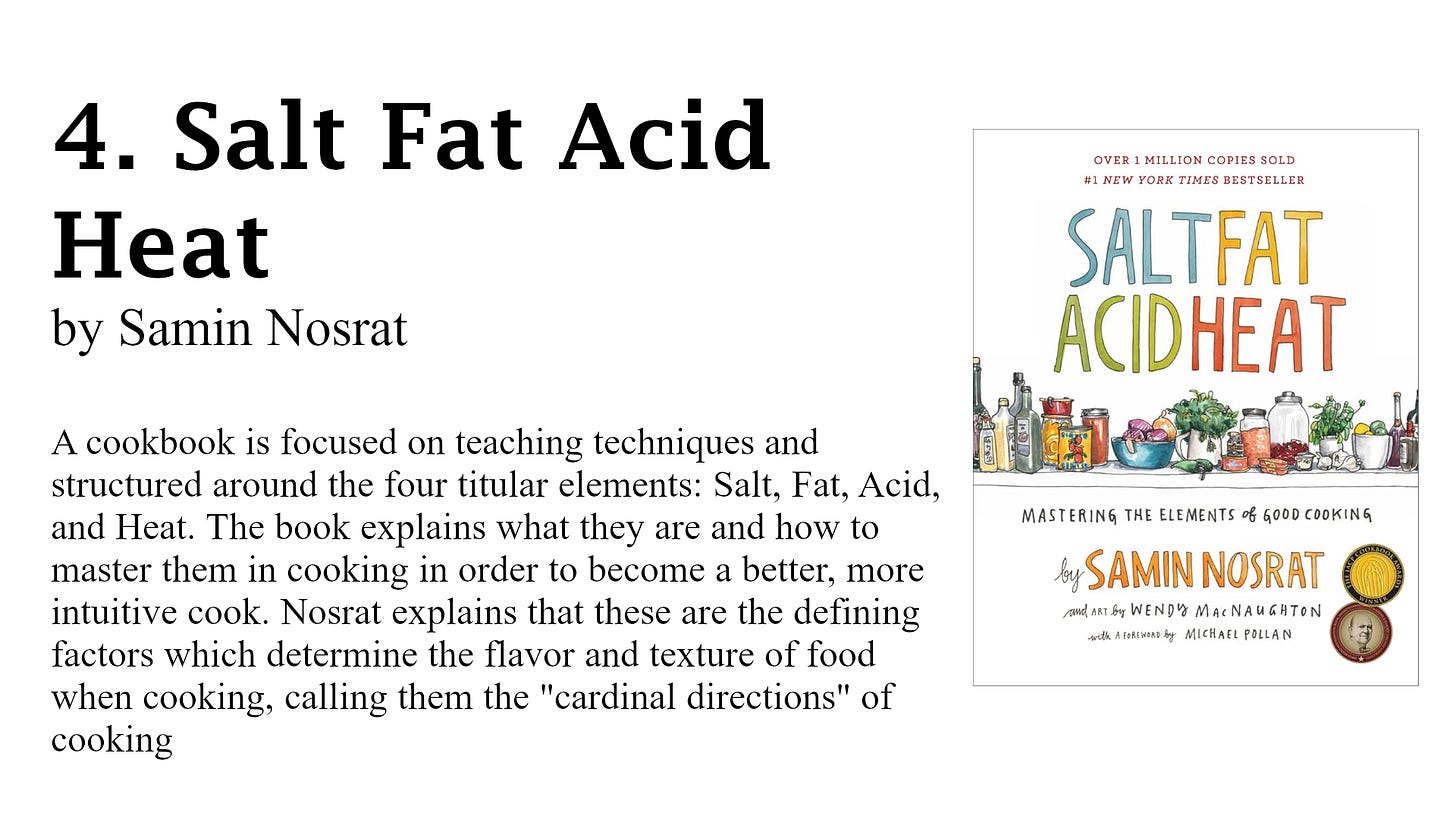In 30 days, I learned how to grow in spiritual perfection, shut down pagans with style, and perfect the fundamental dishes of French cuisine.
Here at Crusade for Manliness we believe that Catholic men should push their limits and make good use of their time. One chosen way we do that here is the monthly reading challenge.
Do you dare to take up the challenge? — Choose a number of books that will push you, it need not be 5, and get it done. Report back next month.
Did you join us last month? — Put your books in the comments below. Let us sharpen the irons of our minds and put new books on our radar. Whether to avoid or pursue is up to you as the captain.
GK Chesterton is awesome. I’ve gone back to him after a year off to attempt and make my own writing more witty.
The Everlasting Man delivers on the wit and the paradox, but more than that. Even more than Orthodoxy (at least how I remember it), GK sets out with a plan. Starting from cave men and working towards the New Testament era Roman Empire, he makes you see history poetically.
Then in the second half, that natural poetry established, enters Christ. In atheist/agnostic apologetics there is a particular argument. It goes, "Christianity is one of many religions. It makes sense it the context of it's time and place. With rigor and style, Chesterton dismantles every argument along those lines. Christianity and especially Catholicism is anything but a product of its time. This leads credibility to those of us who believe it to be eternal.
Key takeaway for me: The Church goes in cycles. Like Christ it's head it knows that suffering is important. I don't know why this did not occur to me sooner. Christendom and high levels of acceptance are the anomaly and are unlikely to last long.
This was a quick read that got me back on track when I was worried about a library book not coming in on time. I initially remembered Ryan Holiday for his notecard system.
That said, I have been surprised how many times I have returned to the basic idea of “look on the bright side” made manlier by association with ancient Rome, US Presidents, and entrepreneurs. Stoicism is wrong, and this book didn’t really teach me enough about the philosophy to even tell you how. For good philosophy, read Aquinas. But for men who can take with them a grain of salt, and are prone to pessimism, this book may be a good option.
If you’ve been following along you know I read Ascent of Mount Carmel in February. After visiting Avila on my honeymoon, I’ve been diving in to Carmelite theology (I lean naturally Dominican, but my lovely wife is thoroughly of Carmel).
Ascent was more applicable to me, which makes sense because it is first in the spiritual progression. (I know I said it was still too holy for me. I’ll stand by that, but this puts it in better context and challenges me prepare for the night of sense). But Dark Night is a classic for a reason. It is a more complete work, and despite the title of mystic, John is an organized man.
The Dark Night of spirit is intense it seems, though it lets up now and again. My understanding is still shaky, and I will be going over it again in pieces and checking my notes. Basically though it seems that, for privileged souls, aka for anyone who wants to reach the unitive way (the highest level) here on earth, you cannot stay in a “retreat high” spirituality. Love God for God.
Attachment to anything but Our Lord, including feeling loved by Him or general positive attitude in prayer, needs to be purged. It needn’t be permanent (I think) but the point is that the attachment is no longer there… so it wouldn’t bother you even if it WAS permanent.
Did I read a cookbook cover to cover? Yes, I did.
Salt Fat Acid Head is more than a cookbook. Nosrat breaks the book into two parts. Part one is the fundamental of each element. Part two is about 100 recipes, essential dishes in essential categories. They reference each other and part one back and forth like a Wikipedia article.
This month I was trying to get better at cooking. This is a different project, separate from five books a month. (I still owe a post on this challenge). If I was not doing five full books, I would have only read the first part and saved the rest for later. There are two other things that set this cookbook apart.
One is that the illustrations are fun and useful. I've learned from experience that useful visualizations are a rare accomplishment. This book is full of them. Drawings instead of photos help to lower the pressure on the chef following along. Which leads to the second cool thing. This book has given me the valuable cooking skill I didn't know I needed. The focus on improvising is perfect for making leftovers taste better.
Any man, but especially bachelors with no cooking experience should read this. That also includes the recently married like myself.
Have you ever seen spy movies and wanted to know what it’s really like at the CIA? I’m sure there are plenty books on it, but this one covers a different CIA: The Culinary Institute of America. It is the Hogwarts of the culinary world.
Ruhlman starts off as a journalist covering from the outside, but gets invested fast. This is exactly what I hoped for, the ambitious, perfectionist, organized side of professional chef-dom. I was so convinced of him in this world that I was sure he must have ended up as mainly a chef. He is still mainly a food writer, but he has been highly successful in that field.
But I wasn’t kidding when I said Ruhlman makes it the culinary Hogwarts. Anyone who wants to read Harry Potter, especially the earlier ones, again for the first time could do worse than The Making of a Chef. Ruhlman accomplishes this comparison for me in many ways.
His passion for food and cooking and respect for the subtlest differences or skills elevates it to a level almost magical, at least in the sense of beyond common knowledge or hard to explain powers. Second, he makes the institution of the CIA seems a bit mysterious in a Rowling-esqe sense, the journalist side of him wants to know WHY things are done structurally and uncover the history of the place and curriculum.
But more than either of those, what drew my attention to the comparison was the characterization of the instructors. The personality of each chef is wholly unique, though they have roughly the same lifestyles and skillsets. Further, these unique and quirky personalities seem fitted to the subject they teach, whether it be breakfast foods, preliminary skills, charcuterie, or baking.
I recommend this to all readers secular and Catholic alike, because it wouldn’t hurt anyone to get into cooking. But especially men, to see the ambitious and craftsman side of the culinary arts.










I think your comments on *Dark Night* got truncated.